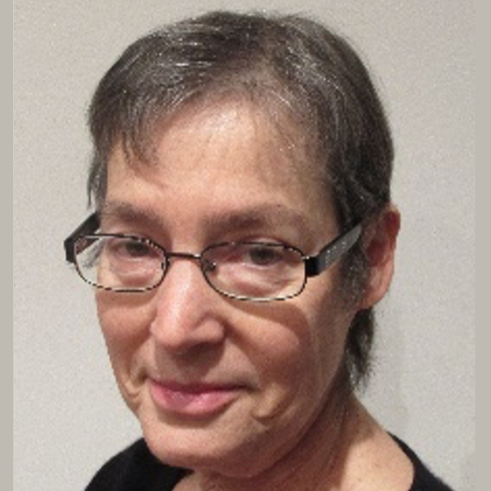
Ruth Kaufman OBE, FORS, FIMA, CSci
Chair of Trustees

Ruth Kaufman OBE, FORS, FIMA, CSci
Chair of Trustees
Ruth graduated with a BA in Maths with Social Sciences from the University of Sussex and worked in Operational Research (OR) and other management functions in London Transport and the London Electricity before joining the Department of Health as an OR team leader. She moved on to lead the OR Group at the UK Export Credits Guarantee Department (ECGD) and was Chair of the Government OR Service for two years. Before retiring from government in 2008, she was a member of ECGD’s Executive Board, as Head of Strategy, Change and OR.
Her charity board experience includes five years as Chair of Woman’s Trust, 10 years on the board of the Operational Research Society including two years as its President, external advisory to the Finance Committee of the National Federation of Women’s Institutes. She is currently a trustee of two other charities (Science Council and Humanists UK), and chair of the OR Society’s Pro Bono OR steering group. She received an OBE for services to OR in December 2015.
Ruth took over as Chair of CHIRP Trustees in October 2020.
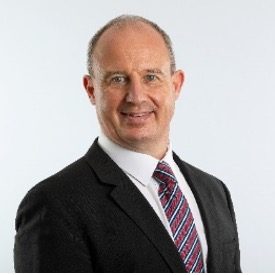
Glenn Bradley

Glenn Bradley
Glenn took over as Head of Flight Operations at the CAA in October 2020, after having joined the Authority in 2017 as Flight Operations Manager – Aeroplanes.
He remains a current A320 pilot and TI/SE/TRE/TRI. Prior to that he spent 9 years at easyJet in several roles but latterly as Head of Aircraft Operations and Flight Operations Manager – Operational Standards. As well as being a A320 Captain, TRI/TRE. This was preceded by 9 years at GB Airways (BA franchise) as Flight Technical Manager.
Before his career in civil aviation he spent 12 years in the RAF mainly flying Tornado GR1/GR1a aircraft. He is also a keen GA pilot retaining a share in a Beagle Pup aircraft.
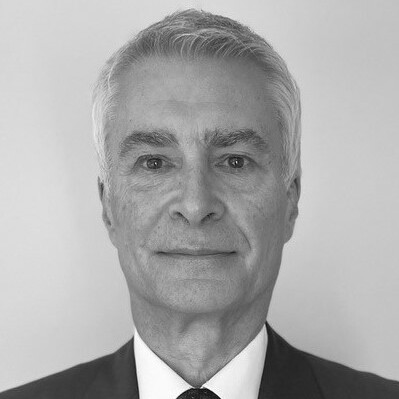
Captain Jeremy Burrows

Captain Jeremy Burrows
Jeremy was commissioned into the Royal Air Force in 1980 as a General Duties Officer. Flying the Jet Provost, Hawk and then the Tornado GR1 operationally, he subsequently qualified as a QWI (Qualified Weapons Instructor). After a short service commission, he joined Air 2000 in early 1990 on the B757 gaining a command after 3 years on the A320. In 1996 he moved to Virgin Atlantic, flying the A343, A346, A320, A330 and A350. Jeremy joined the Human Factors team at Virgin in 2006, and instructed for several years before entering the management team. Over the next 14 years he held a number of positions in the Flight Ops department and was involved in running the Airbus Fleet technically, pastorally and from an IR perspective. His time in the office culminated in being Chief Pilot, Nominated Person Flight Operations, and Deputy Accountable Manager. He retired from flying at the end of 2022, and stepped down from the management role; he now teaches HF and is still involved in projects for the Virgin Flight Operations department, he will also be working as an Associate at Baines-Simmons.
Human Factors is still a passion for him, coupled with a strong belief in a “Just Culture” that should be embedded across both the maritime and aviation sectors.
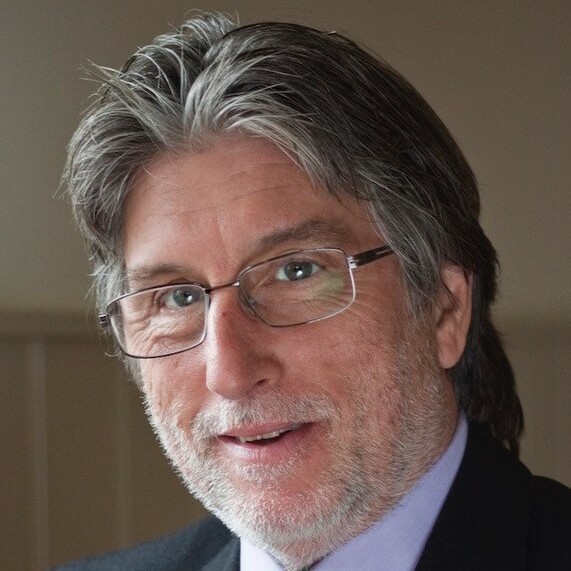
Captain Don Cockrill MBE

Captain Don Cockrill MBE
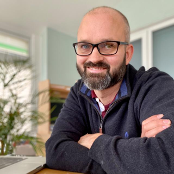
Commander Mike Cripps MEng MBA CEng MIMechE RN

Commander Mike Cripps MEng MBA CEng MIMechE RN
Mike Cripps is a Royal Navy Air Engineer Officer with broad experience of delivering of maritime aviation capability, currently working within the Military Aviation Authority.
He has experience of operating aircraft from several Royal Navy and Royal Fleet Auxiliary ships during front-line appointments. Beyond the front-line, Mike has worked within the MoD’s Defence Equipment & Support organisation, both in acquisition roles, and as an Engineering Authority where he held Type Airworthiness Authority for all Avionic and Weapon systems on the UK’s Merlin helicopters. He’s worked within the Royal Navy’s Strategic Headquarters getting to grips with the financial realities of aviation support and spent 3 years in Canada as the Deputy Commanding Officer of the Royal Canadian Air Force’s 12 Wing Air Maintenance Squadron.
Mike graduated from Cranfield University’s Executive MBA in 2019 and has been a Member of the Institute of Mechanical Engineers and Chartered engineer since 2010.

Dr Simon Gill PhD BEng (Hons) CEng MRAeS

Dr Simon Gill PhD BEng (Hons) CEng MRAeS
Simon has been involved in human factors, risk and safety management in the aviation industry for over two decades. After obtaining his first degree in Integrated Engineering Simon started his career at Airbus. Identifying the need to address maintenance human factors and the unique role played by the manufacturer, Simon undertook a secondment in BAE Systems and completed a PhD in the subject.
Returning to Airbus as Maintenance Human Factors Manager, he set up and managed a team of psychologists and engineers working together to advise on the safe and efficient maintenance of aircraft. They developed and implemented safety improvement processes focussing specifically on how designs can be assessed for maintenance error and how this might be managed before production. He coordinated the sharing of incident data from the Airbus fleet and was on the committee which triaged maintenance incidents, analysing them and proposing action to be taken. He coordinated European maintenance human factors, research trained airlines, maintenance organisations and aviation regulators worldwide and presented at many international conferences and symposia.
For the last decade, he has operated as an independent consultant advising companies on the modern approach to risk management and on organisational resilience and Safety-II. Within aviation, Simon has continued providing support on fixed wing but also on rotorcraft. Working with all the major helicopter manufacturers he has co-developed techniques to review maintenance resilience of in-service aircraft and human hazard analysis techniques to improve design. He also lectures for Cranfield University and City University, London and co- authored an internal White Paper on “Human-Centred Design for Maintenance” for the RAeS which will drive change on this important topic in the years to come.
Outside of aviation, he is a trained business coach, worked on ‘The Resilience Shift’, the drive to improve resilience in critical infrastructure, and also adapted aviation risk and safety concepts for use within a health and social care setting, in care homes, hospitals, children’s and adult social care. He is a member of ‘Q’ the UK National Health Service Quality and Patient Safety initiative and is founder of the Organisational Resilience Special Interest Group. He is also on the executive committee of the Resilience Engineering Association.
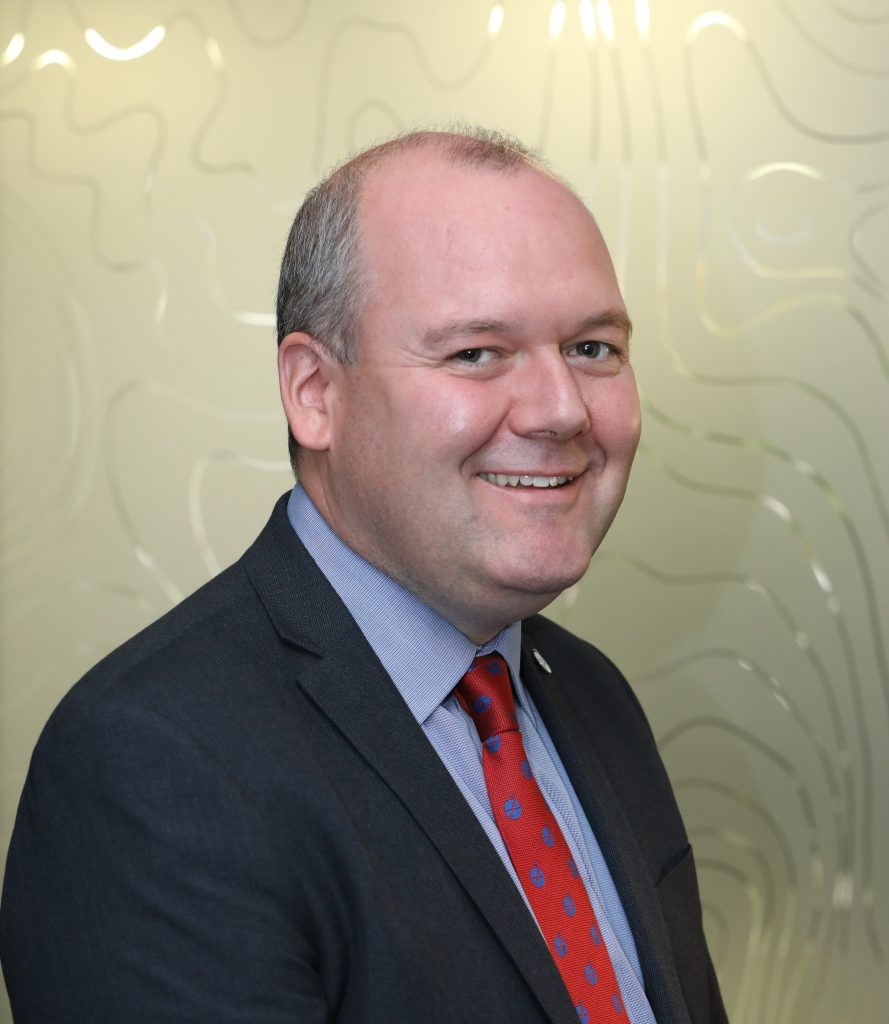
Kevin Gregory

Kevin Gregory
Following time at sea as a Navigating Officer, Kevin joined the Port of London Authority where he ultimately served as the Vessel Traffic Services Manager. This was coupled with service as the International Harbour Masters Association representative to the International Maritime Organization and as Chair of the European Sea Ports Organisation Marine Affairs Committee, representing the professional and technical interests of the ports sector on an international basis.
Joining the International Association of Lighthouse Authorities and Marine Aids to Navigation (IALA), Kevin was actively involved in international standards development, implementation and capacity building. Now employed by Trinity House as Head of Planning and Commercial, Kevin oversees the deployment of a fleet of vessels and aviation assets to maintain a diverse range of marine aids to navigation and risk response services as well as delivering a sustainable pipeline of commercial income.
Remaining active internationally, Kevin serves on the IALA Aids to Navigation Requirements and Management Committee as a member of the United Kingdom delegation. Kevin holds an honours degree in Law and also serves as a Magistrate.
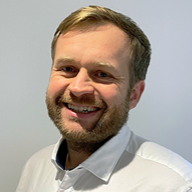
Ryan Hall

Ryan Hall
Ryan heads up the South East region for the RNLI, the charity that saves lives at sea. In his role he is responsible for the fundraising, operations, education, engineering and support teams across the South East from Swanage to Dorset, including the 31 lifeboat stations and 42 lifeguarded beaches. Prior to this role Ryan was a Harbourmaster on the tidal Thames looking after navigational safety and events across the River Thames from the estuary to Teddington.
Ryan left the Royal Navy to start life afresh in London and was lucky enough to launch the first virtual showroom for Audi UK in Mayfair, London before moving to City Cruises as head of operations. At City Cruises Ryan oversaw the successful growth and launch of the new vessel Millennium Diamond as well as starting operations in Poole, Dorset.
His career in the port industry took shape when Ryan joined the PLA as Deputy Harbourmaster Upper in 2013, where he was responsible for large events in central London including the annual Universities Boatrace, New Year’s Eve Fireworks and the Hollywood spectacular Spectre.
After starting a family, Ryan re-located to the south coast where he became Pilotage Manager and Deputy Harbourmaster at Southampton, it was here that he managed a team of 70 marine pilots and pilot launch crews and over saw the introduction of a new pilot station in Gosport and a new pilot training scheme including simulation and utilisation of technology to improve the pilotage experience.
Ryan now lives in Godalming, Surrey with his wife and children after re-locating back from the South coast. When at home he enjoys running along the river Wey and cycling.
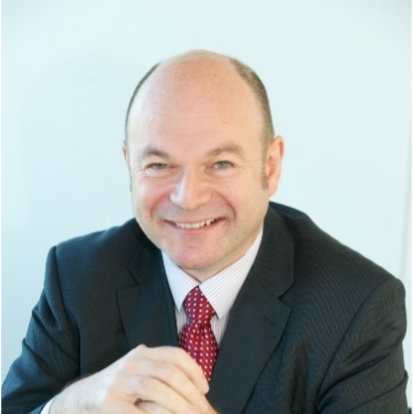
Captain Jerry Kinder

Captain Jerry Kinder
Jerry was commissioned into the Royal Air Force in 1982 as a general duties officer. He was a pilot flying the Canberra, Hawk, Phantom and Tornado F3 aircraft. While serving he received 2 Green Endorsements. In 2000, having qualified for his ATPL, he ‘retired’ from active service and joined Airtours as a first officer. In 2005 he moved to Virgin Atlantic, where he flies the Boeing 787.
Away from flying, Jerry has extensive board experience, with expertise in change management, structural re-organization, and effective industrial relations. He took on the role of Chair of Governors of a large secondary school during a period of industrial dispute and a subsequent restructuring. He also served on a local authority as a Parent Governor Representative. Since then, he has been a trustee for one pension scheme and is currently a trustee for another. He is Chair of Directors for a small residential property company. He was Vice Chair of the pilot Company Council at Virgin Atlantic, again during a period of industrial unrest and subsequent, successful, restructuring; and later went on to serve 6 years on the National Executive of the pilots’ union, BALPA. He now as a member of, and advisor to, their Legal Committee.
He is a strong believer in the ‘Just Culture’, and in using the principles of human factors and threat error management to enable individuals and organisations to deliver of their best.
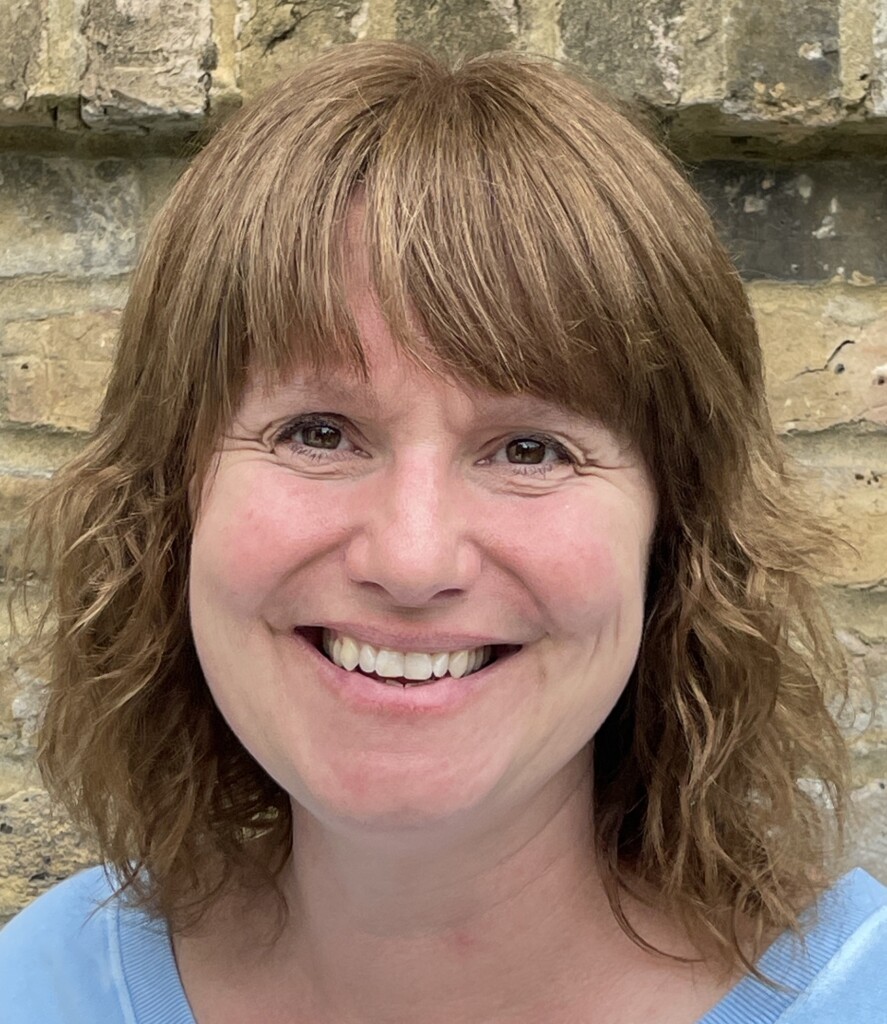
Stella Macaskill

Stella Macaskill
Stella’s career has been spent working in healthcare. First in the NHS and then for the Royal College of Pathologists. As Director of Educational and Professional Standards she was responsible for postgraduate pathology training, examinations, assessments and continuing professional development. As Director of Professionalism her role expanded to include delivering research to influence national workforce planning, publishing accredited clinical guidelines, quality improvement and patient safety. She designed and delivered pathology invited service reviews for NHS employers and implemented Disciplinary Regulations for her employer. Human factors were the common theme linking this to her patient safety and quality agenda. She has undertaken commissioned review work for the Care Quality Commission and an Independent Inquiry.
Stella works as Director of Professional Services for the Royal Statistical Society responsible for professional affairs.
Her board experience includes membership of the Trustee Board and Council of the Royal College of Pathologists. She was a Trustee at a London Academy school between 2016-2019 where she chaired the Business, Audit, Personnel and Finance Committee and sat on Independent Review Panels. She served as an elected Governor, representing the views and interests of patients to the Council of Governors at Chelsea and Westminster NHS Foundation Trust, until 2024.
Stella has a Degree in Biology, a Masters in Healthcare Education and Evaluation and a Postgraduate Diploma in Management. She completed a Postgraduate Certificate in Patient Safety and Clinical Human Factors at the University of Edinburgh in 2024.
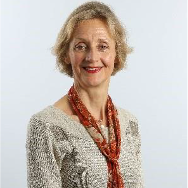
Kirsten Riensema MSC, FRaeS

Kirsten Riensema MSC, FRaeS
Kirsten has over 30 years’ experience in the operational and regulatory areas of commercial aviation. She has been dedicated to implementing safety and risk management principles and has experience in implementing organisational change, with a specific passion to ensuring people are central to decisions and solutions. She is passionate about designing processes that recognise the inter-dependencies within the aviation system and prioritise the human element, recognizing the importance of human-centred approaches.
Her journey began with British Airways, and transitioned to the UK Civil Aviation Authority (CAA) in 2005, where she worked in Aerodromes, ATM and International strategy. Kirsten finished her career with the CAA as the Advanced Air Mobility Strategy Lead, coordinating regulatory readiness for eVTOL Operations, paving the way for future aviation. In this capacity, Kirsten served as the Chair of the ICAO AAM Study Group.
Kirsten’s passion for aviation and people extends beyond her professional achievements. She is a Trustee for a school Local Academy Trust, an active mentor for students and young aviation professionals, and a dedicated STEM advocate.
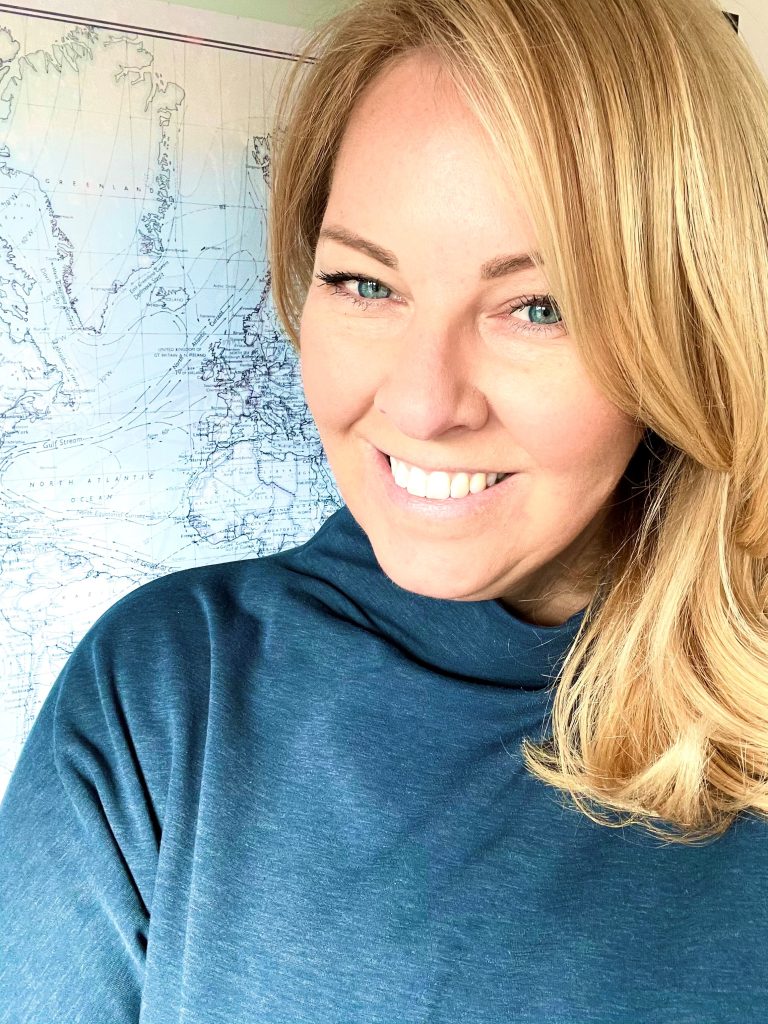
Adelle Roberts FRAeS

Adelle Roberts FRAeS
Adelle began her aviation career in 1998 and gained her pilot’s license with British Aerospace in Adelaide, Australia. Her first commercial flying role was back in the UK with British Midland, and later she joined Virgin Atlantic, where she also took on additional responsibilities as a Human Factors instructor and peer support pilot.
Adelle then went on to work at the Civil Aviation Authority in roles including safety performance and airspace modernisation. Her last role with the regulator was as Head of Spaceflight Licensing and Monitoring where she was responsible for enabling UK spaceflight activity through effective regulation, legislation and safety risk management.
Adelle now works in the energy sector as an advisor within a team of aviation, marine, and land transport specialists. She has a BSc in Applied Sciences and a postgraduate degree in Emergency Preparedness and Management. Adelle is a Fellow of the Royal Aeronautical Society and is passionate about mentoring the next generation of aviation professionals.
Outside of work, Adelle enjoys exploring new destinations to fuel creativity and strategic thinking. She lives in Windsor with her husband and young son, enjoying sailing and traveling as a family.







